In this time of extraordinary social transformation and uncertainty, educators need to consider themselves to be designers of social futures, to search out new ways to address the learning needs of our society, and in so doing to position education at an inarguably central place in society.
Indeed, powerful educational ideas – about how people act and build knowledge in context and in collaboration with others, for instance – could well become leading social ideas in currently more privileged areas of endeavor, such as business and technology. Perhaps, if we can succeed at putting education at the heart of the designs for society’s future, we might even be able to succeed in our various campaigns to ensure that education is innovative, empowering, just and adequately resourced.
Education in all its aspects is in a moment of transition today. The idea of ‘New Learning’ contrasts what education has been like in the past, with the changes we are experiencing today, with an imaginative view of the possible features of learning environments in the near future. What will learning be like, and what will teachers’ jobs be like? Are we educators well enough equipped to answer the questions we encounter and address the challenges we face? Does our discipline provide us with the intellectual wherewithal to face changes of these proportions? It could, but only if we conceive education to be a science as rigorous in its methods and as ambitious in its scope as any other.
Education’s agenda is intellectually expansive and practically ambitious. It is learner-transformative, enabling productive workers, participating citizens and fulfilled persons. And it is world-transformative as we interrogate the human nature of learning and its role in imagining and enacting new ways of being human and living socially: shaping our identities, framing our ways of belonging, using technologies, representing meanings in new ways and through new media, building participatory spaces and collaborating to build and rebuild the world. These are enormous intellectual and practical challenges.
Transformative education is an act of imagination for the future of learning and an attempt to find practical ways to develop aspects of this future in the educational practices of the present. It is an open-ended struggle rather than a clear destination, a process rather than a formula for action. It is a work-in-progress.
The science of education is a domain of social imagination, experimentation, invention and action. It’s big. It’s ambitious. And it’s determinedly practical.
The Learning Conference, journals, book imprint and online network provide a forum for dialogue about the nature and future of learning. They are places for presenting research and reflections on education both in general terms and through the minutiae of practice. They attempt to build an agenda for a new learning, and more ambitiously an agenda for a knowledge society which is as good as the promise of its name.
